There are several conditions that affect the gallbladder, a small organ located beneath the liver that is in charge of accumulation of bile. They include gallbladder stones, inflammation of the organ, medically known as cholecystitis, and tumors. It is essential to mention another condition called choledocholithiasis, which is actually a complication of cholelythiasis (gallstones). In this condition the stone leaves the gallbladder and clogs the common bile duct.
Bad Gallbladder Symptoms
Many symptoms and signs that affect patients suffering from bad gallbladder may also develop in case of other gastrointestinal disorders. Which of them will develop depends on the particular condition that affects the gallbladder as well as the severity of the condition. For example, people suffering from improper functioning of gallbladder usually have chronic constipation, the stool is light in color and they may feel nausea, flatulence or heaviness, particularly after consuming greasy foods.Symptoms of a Gallbladder Attack
Gallbladder attack occurs in acute inflammation of the gallbladder (acute cholecystitis). The condition can be calculous or acalculous. In the first case there is a stone inside the gallbladder and it is responsible for the inflammation of the organ while in the second case there are no stones and the inflammation is usually caused by bile stasis, sepsis or ischemia of the organ due to other conditions such as dehydration, fever, congestive heart failure etc.
Acute gallbladder attack is characterized by severe pain underneath the right side of the rib cage, acute abdominal pain and tenderness when the stomach is touched, pain radiating toward the right shoulder blade, nausea, vomiting, repeated belching. Some patients may additionally develop fever and chills and have breathing difficulties, especially during inhalation. The abdomen is distended and one may feel bitter taste in his/her mouth due to regurgitation of the bile.
Symptoms of Gallstones
Even in case of absence of gallbladder inflammation the mere presence f gallstones can cause certain problems. The symptoms of gallstones usually depend on their size. Small gallstones are asymptomatic and are most commonly found during routine ultrasound of the abdomen. But larger stones may cause severe and unbearable abdominal pain or sudden intensive pain between the shoulder blades. If the stone leaves the gallbladder and blocks the common bile duct the person develops jaundice (yellow discoloration of the skin and visible mucous membranes), his/her urine is dark and stool lighter. Rapid heart beat, abrupt drop in blood pressure, nausea and vomiting are also possible.
Symptoms of Chronic Gallbladder Inflammation
Chronic inflammation of the gallbladder typically leads to gas, nausea and abdominal discomfort after meals. Such patients may also develop chronic diarrhea. Diarrhea is classified as chronic if it lasts for at least three months.


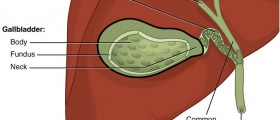


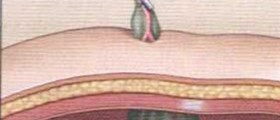


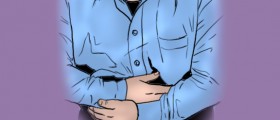




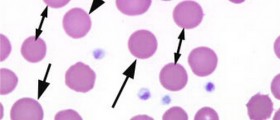
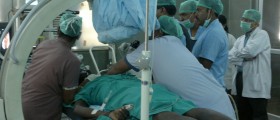
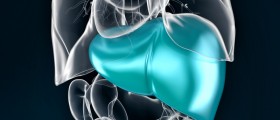
Your thoughts on this
Loading...